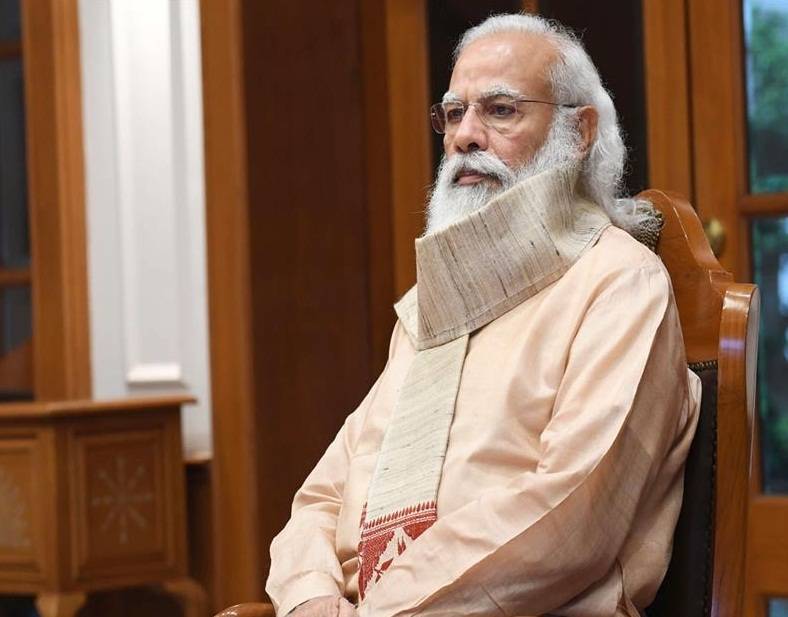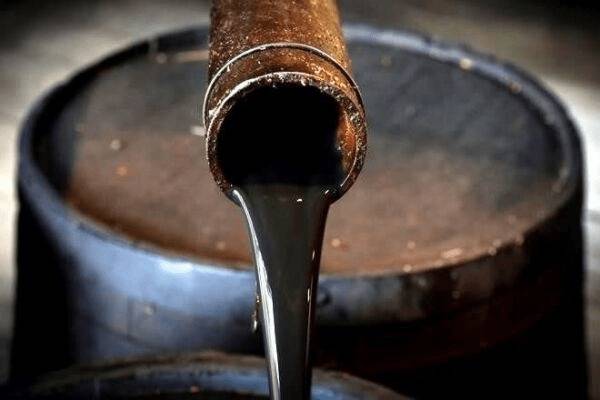The condition in the production sharing contracts (PSCs) to sell crude oil to government or its nominee, or government companies shall accordingly be waived off…reports Asian Lite News
The Union Cabinet’s Cabinet Committee on Economic Affairs (CCEA), chaired by Prime Minister Narendra Modi, on Wednesday approved deregulation of sale of domestically-produced crude oil.
As per the decision, the government has decided to cease allocation of crude oil and condensate with effect from October 1, to ensure marketing freedom for all Exploration and Production (E&P) operators.
The condition in the production sharing contracts (PSCs) to sell crude oil to government or its nominee, or government companies shall accordingly be waived off.
“All E&P companies will now be free to sell crude oil from their fields in the domestic market. Government revenues like royalty, cess will continue to be calculated on a uniform basis across all contracts. As earlier, exports will not be permissible. This decision will further spur economic activities, incentivise making investments in the upstream oil and gas sector and builds on a series of targeted transformative reforms rolled out since 2014,” union Minister Anurag Thakur said.
The policies relating to production, infrastructure and marketing of oil and gas have been made more transparent with a focus on ease of doing business and facilitating more operational flexibility to operators/industry, he said.
The government has carried out several progressive reforms in the E & P sector in the last eight years such as pricing and marketing freedom for gas, discovery of gas price through competitive e-bidding process, introduction of Revenue Sharing Contracts under Hydrocarbon Exploration Licensing Policy (HELP), etc.
A large number of blocks have since been allotted through several bidding rounds. As a result of these efforts, allocation of acreage has almost doubled as compared to area awarded before 2014. Since February 2019, reforms have focussed on production maximisation with no revenue sharing for difficult basins other than windfall gain.

Cabinet approves computerization of PACS at cost of Rs 2,516 cr
The Union Cabinet on Wednesday approved computerization of Primary Agriculture Credit Societies (PACS) with a budget of Rs 2,516 crore.
The Cabinet Committee on Economic Affairs (CCEA) chaired by Prime Minister Narendra Modi has approved computerization of PACS with the objective of increasing efficiency of PACS, bringing transparency and accountability in their operations; facilitating PACS to diversify their business and undertake multiple activities/ services.
Addressing the media about the cabinet decision, Union Minister Anurag Thakur said, “This project proposes computerization of about 63,000 functional PACS over a period of five years with a total budget outlay of Rs 2,516 crore with Government of India share of Rs 1,528 crore.”
The PACS constitutes the lowest tier of the three-tier Short-term cooperative credit (STCC) in the country comprising approx 13 crore farmers as its members, which is crucial for the development of the rural economy.
However, the majority of PACS have so far been not computerized and still functioning manually resulting in inefficiency and trust deficit. In some of the states, stand-alone and partial computerization of PACS has been done. There is no uniformity in the software being used by them and they are not interconnected with the DCCBs and StCBs.
“The programme will benefit approx 13 crore farmers most of which are small and marginal farmers and it will also bring transparency, efficiency and uniformity in accounting standard and help PACS to become nodal delivery service point at Panchayat level,” Thakur said.
Computerization of PACS, besides serving the purpose of financial inclusion and strengthening service delivery to farmers especially Small and Marginal Farmers (SMFs) will also become nodal service delivery point for various services and provision of inputs like fertilizers, seeds etc.
The project will help in improving the outreach of the PACS as outlets for banking activities as well as non-Banking activities apart from improving digitalisation in rural areas.
The project comprises development of cloud based common software with cyber security and data storage, providing hardware support to the PACS, digitization of existing records including maintenance support and training. This software will be in vernacular language having flexibility of customisation as per the needs of the States. Project Management Units (PMUs) will be set up at Central and State levels.
District level support will also be provided at a cluster of about 200 PACS. In the case of states where computerization of PACS has been completed, Rs 50,000 per PACS will be reimbursed provided they agree to integrate with or adopt the common software, their hardware meets the required specifications, and the software was commissioned after February 1, 2017.

